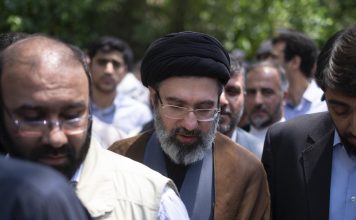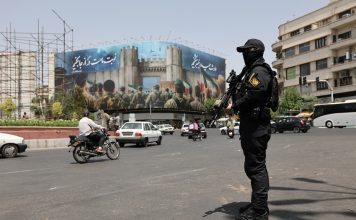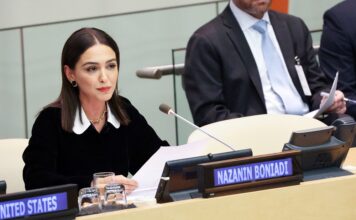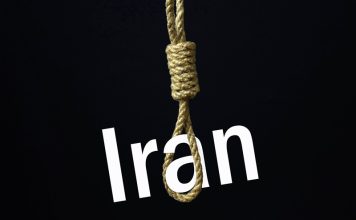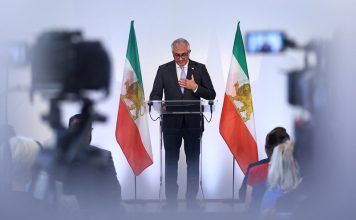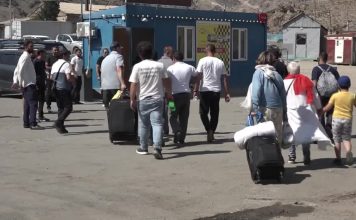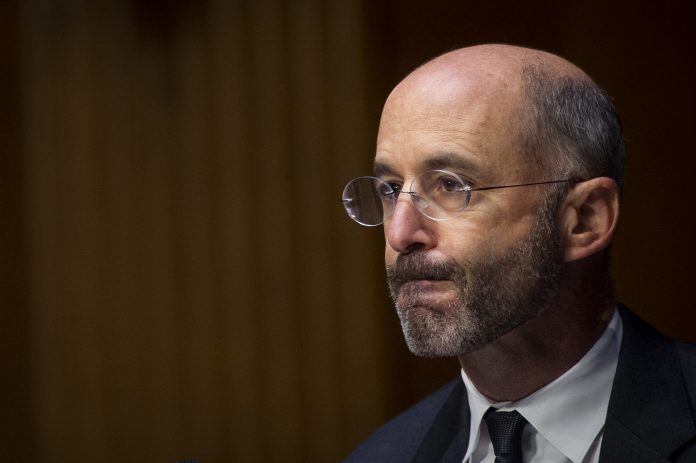
By Doina Chiacu
WASHINGTON, July 5 (Reuters) – Tehran added demands unrelated to discussions on its nuclear program during the latest talks and has made alarming progress on enriching uranium, the U.S. envoy for talks on reinstating a nuclear deal said on Tuesday.
U.S. Special Envoy for Iran Robert Malley said that there was a proposal on the table for a timeline by which Iran could come back into compliance with the nuclear deal and Washington could ease sanctions on Tehran.
Indirect talks between Tehran and Washington aimed at breaking an impasse over how to salvage Iran‘s 2015 nuclear pact ended in Doha, Qatar, last week without the hoped-for progress. Read full story
Malley said Iranian negotiators added new demands. Read full story
“They have, including in Doha, added demands that I think anyone looking at this would be viewed as having nothing to do with the nuclear deal, things that they’ve wanted in the past,” he said in an interview with National Public Radio.
EXCLUSIVE- Chances for Iran Nuclear Deal Worse After Doha Talks -U.S. Official
The demands included some that the United States and Europeans have said could not be part of negotiations.
“The discussion that really needs to take place right now is not so much between us and Iran, although we’re prepared to have that. It’s between Iran and itself,” Malley said. “They need to come to a conclusion about whether they are now prepared to come back into compliance with the deal.”
Under the nuclear pact, Tehran limited its uranium enrichment program, a potential pathway to nuclear weapons, though Iran says it seeks only civilian atomic energy.
Then-U.S. President Donald Trump abandoned the deal in 2018, calling it too soft on Iran, and reimposed harsh U.S. sanctions, spurring Tehran to breach nuclear limits in the pact.
Now, Tehran is much closer to having enough fissile material for a nuclear bomb, Malley said, though they do not appear to have resumed their weaponization program.
“But we are of course alarmed, as are our partners, about the progress they’ve made in the enrichment field,” Malley said.
Iran has enough highly enriched uranium on hand to make a bomb and could do so in a matter of weeks, he said.
Malley said Americans were also working a parallel track to secure the release of Americans detained in Iran. Siamak Namazi, who was detained in 2015 and is the longest-held Iranian American prisoner, made a plea for help in a New York Times piece on Sunday headlined: “I’m an American, Why Have I Been Left to Rot as a Hostage of Iran?”
“We hope that regardless of what happens with the nuclear talks, we’ll be able to resolve this issue because it weighs in our minds every single day,” Malley said.
ANALYSIS: How Hostage Taking Is An Integral Part of Iran’s Foreign Policy
(Reporting by Doina Chiacu; Editing by Alex Richardson and Bernadette Baum)

